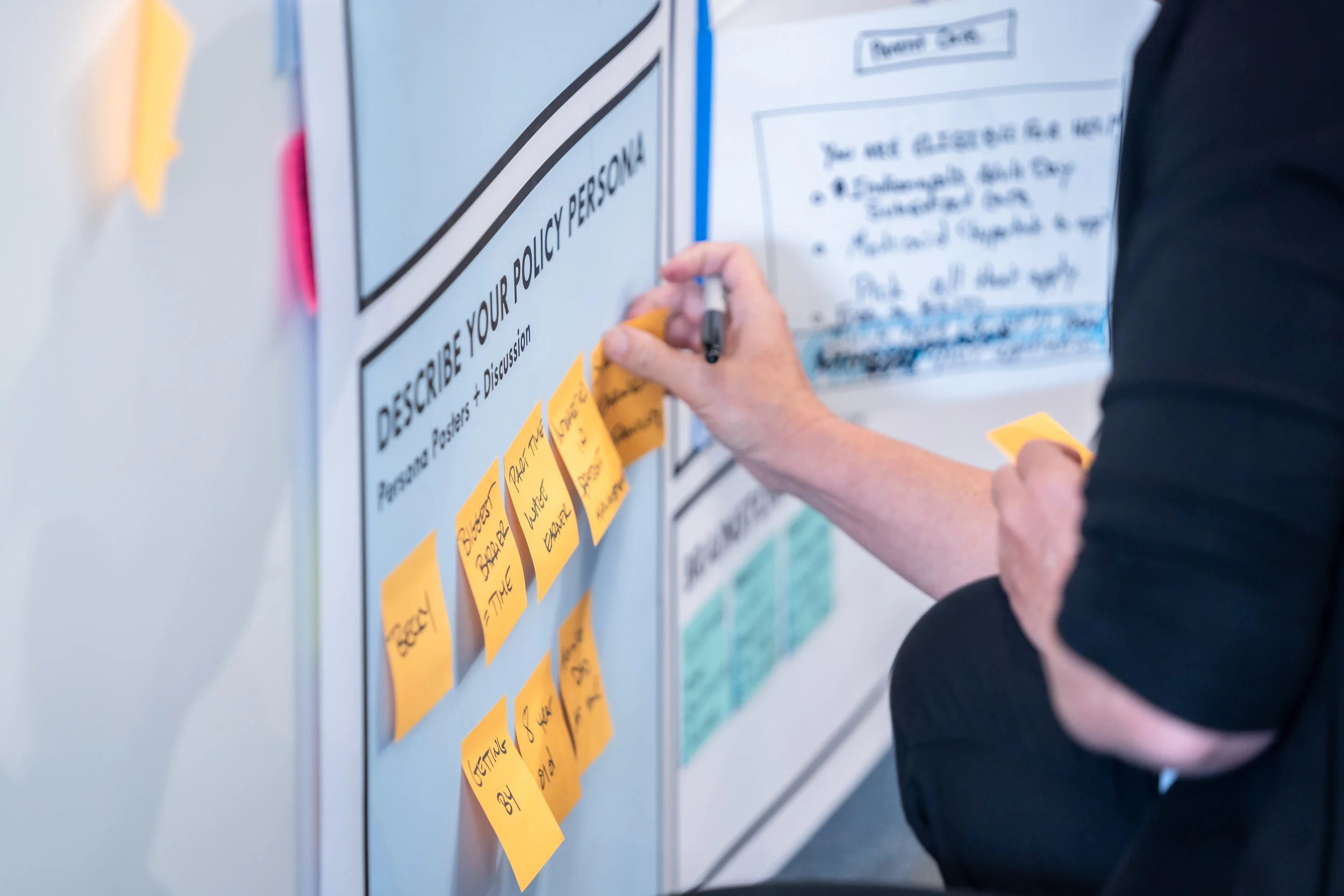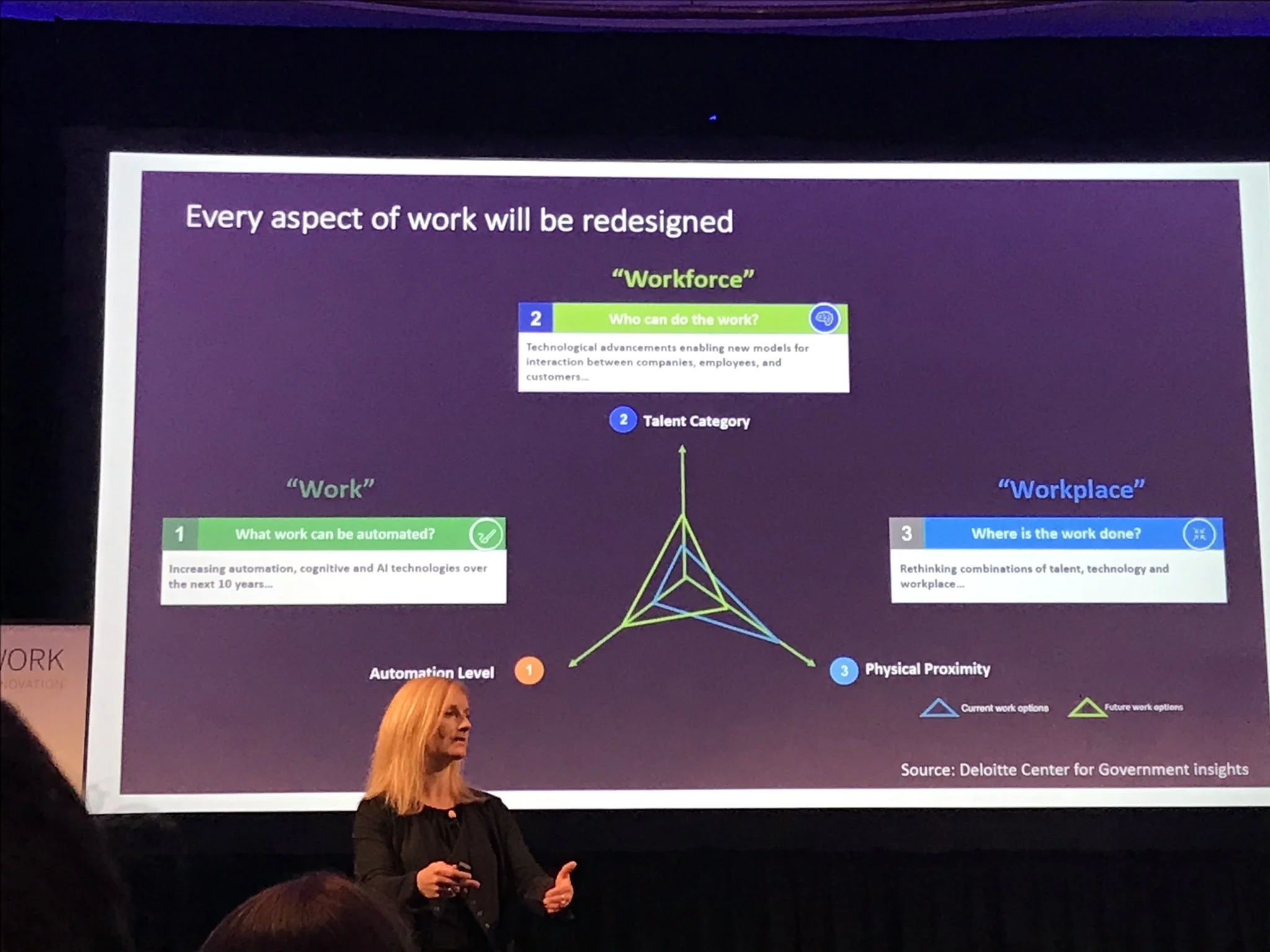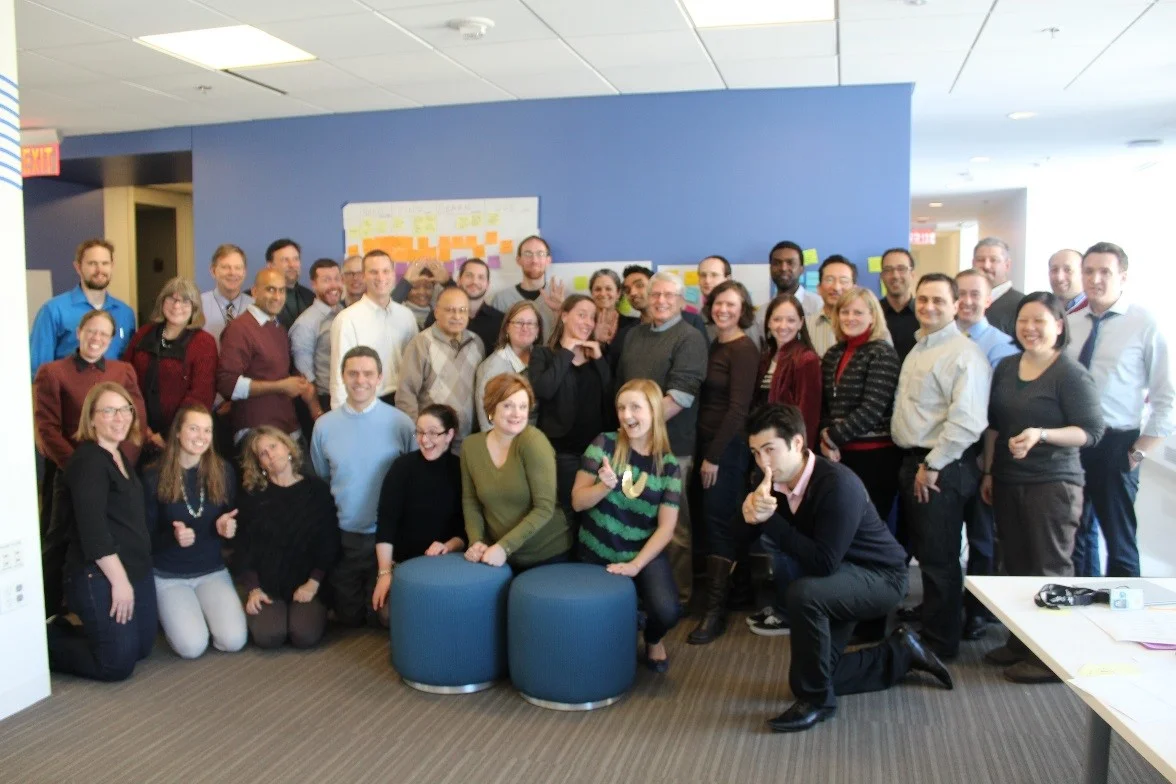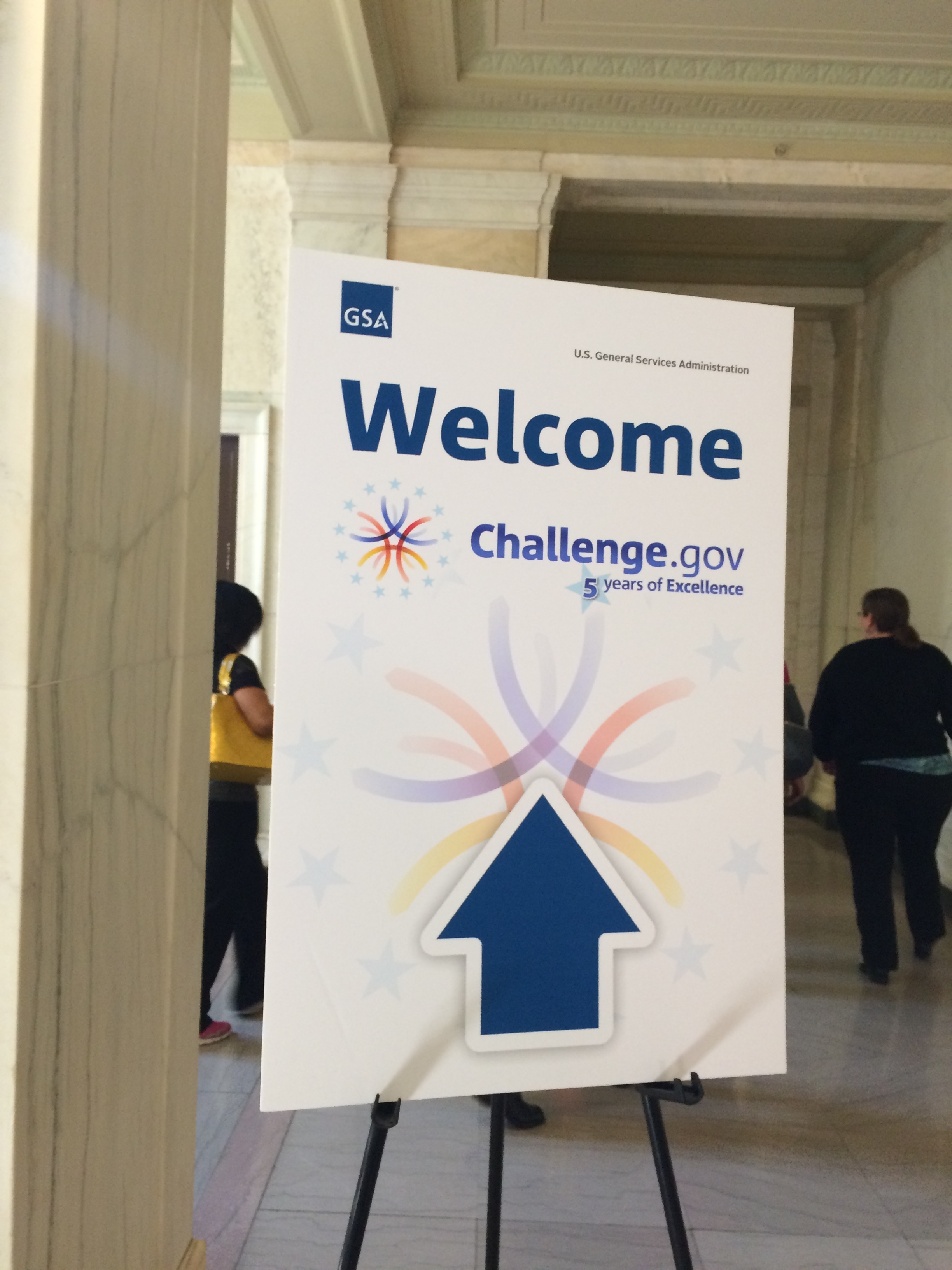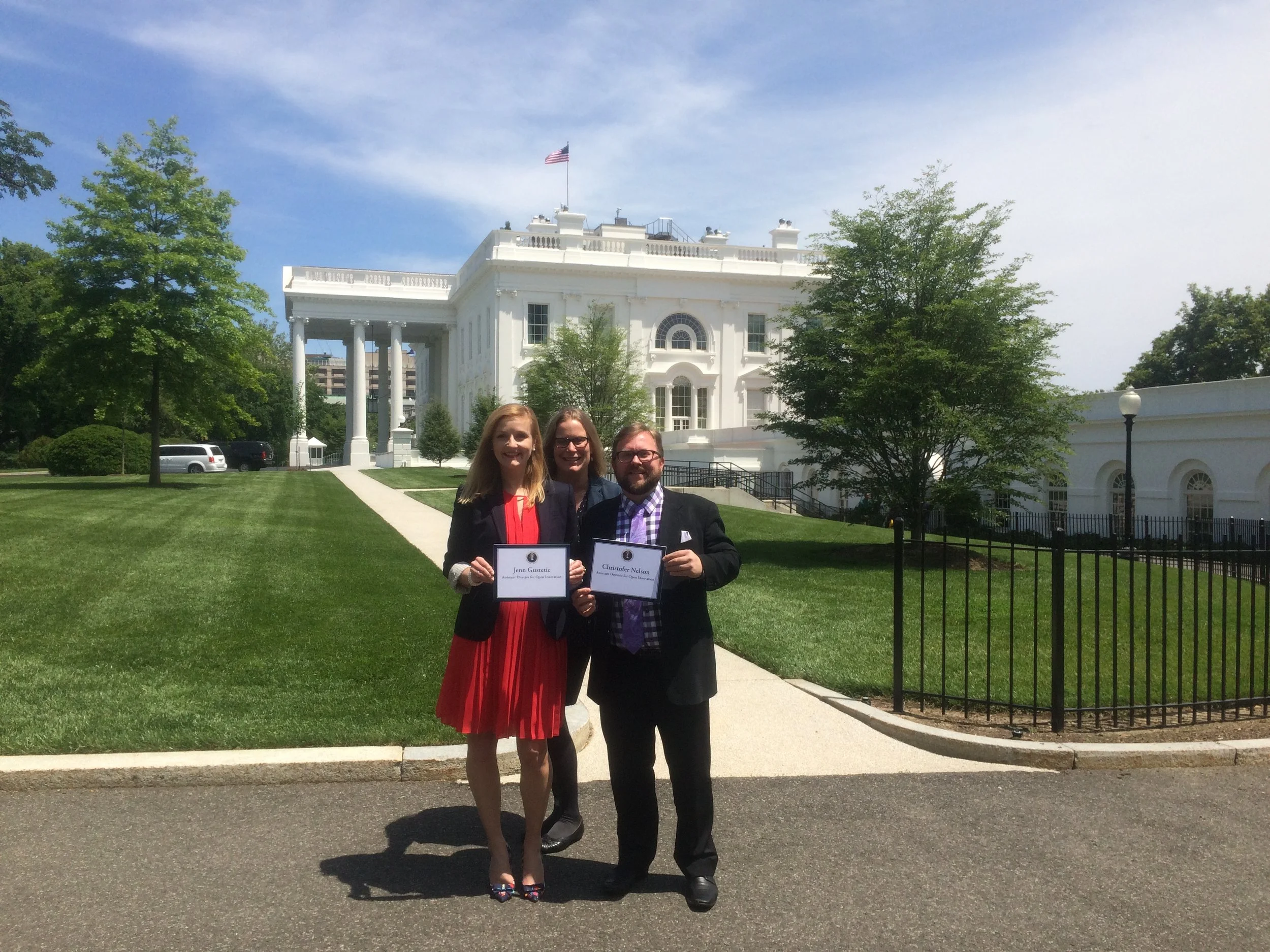
I am honored to be featured in the the August 2014 issue of Popular Mechanics. This issue has a series about "How to Make Anything". NASA's work in prizes, challenges and crowdsourcing is featured in a piece entitled: "How to Make NASA Cool Again".
Here's the text:
"At some point between the Challenger explosion in 1986 and the end of the manned shuttle program in 2011, NASA became uncool. Once regarded as the wild geniuses leading us bravely into the future, the agency earned a reputation as insular, wasteful, and out of touch.
Naturally, they're looking to change that perception. The agency recently expanded its use of challenges and crowdsourcing to include more opportunities for regular Joes (citizen scientists, if you can bear the term) to submit their ideas. In 2012, it also hired Jenn Gustetic, a vivacious woman with an aerospace engineering degree and a master's in technology policy from MIT, to engage the public as the first-ever Challenges and Prizes program executive.
In this role, Gustetic, 32, uses her brains, charm, and wicked networking skills to increase grassroots participation in NASA's far-ranging mission. In the process, she's breaking down the wall that once separated a massive bureaucracy from the people it was supposed to serve. "It's my role to engage the public and put together nontraditional alliances to solve tough technology problems," she says. "NASA is opening itself up. We're inviting the public to be a meaningful participant in our business, our projects. This wasn't the way things were done, but it's the norm now."
One little problem Gustetic is helping to solve is the threat of an asteroid impact, which NASA has deemed worthy of intensive study as part of a larger initiative that includes not only redirecting space rocks but also sending humans to study them. The Asteroid Data Hunter contest, which wrapped in August, offered awards of up to $35,000 to individuals who advance the development of algorithms to identify asteroids in imagery from ground-based telescopes.
Another of Gustetic's responsibilities is to rally teams for NASA's International Space Apps Challenge. This year, more than 8,000 people in 95 cities took part in the third annual two-day hackathon to develop tech related to deep-space exploration, manned missions, rovers and more. "It was a historic collaboration between a government and the public," says Mike Caprio, cofounder of Space Apps NYC, the main stage of this year's event. Teams of technologists of every stripe, from computer programmers to physicists, arrived at universities and labs all over the world to compete. After a long weekend, a few left with impressive CV fodder. The rest left impressed with their host."

